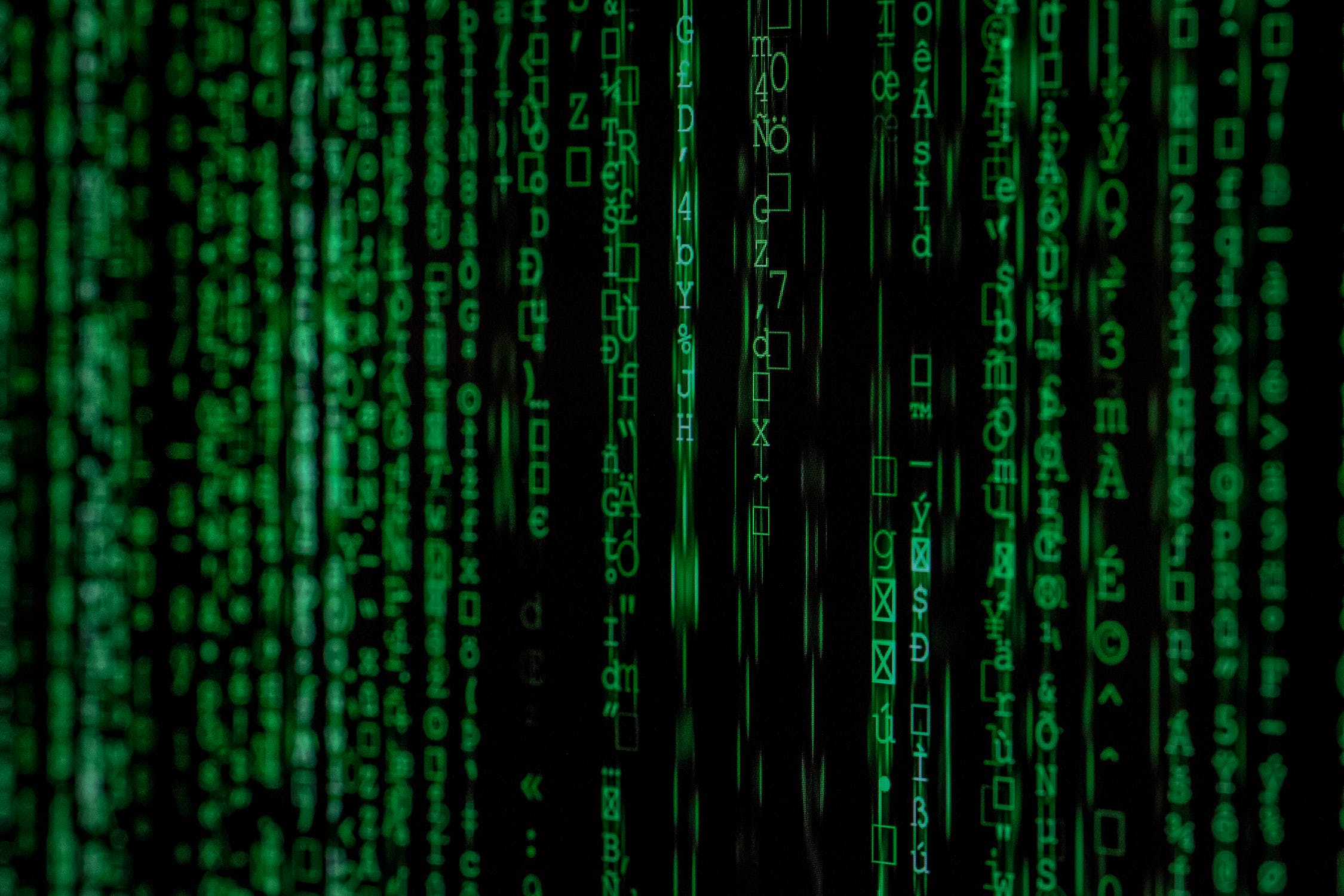Brief description of the oracle (Oracle) system: the lighthouse of the DeFi world

The blockchain era has arrived.
According to Wikipedia's definition of blockchain, blockchain is a new application mode of computer technology such as distributed data storage, point-to-point transmission, consensus mechanism, and encryption algorithm. Blockchain is also an important concept of Bitcoin. It is essentially a decentralized database. At the same time, as the underlying technology of Bitcoin, it is a string of data generated by cryptography, and each block contains A batch of bitcoin network transaction information used to verify the validity of its information (anti-counterfeiting) and generate the next block.
But when it comes to blockchain, you have to mention bitcoin. Bitcoin is a peer-to-peer electronic cash system that creates an open source decentralized payment system through blockchain technology and workload proofing mechanisms; Bitcoin is the first time in human history to use technology to achieve private property sacred Inviolable, as the most successful application of technology in the blockchain field, Bitcoin is called blockchain 1.0.
- The currency circle "剿匪": the fund is checked, the exchange is full, and the "catch" has just begun.
- The sentient beings under the blockchain boom: Some people enter the market and some people sneak into the nose
- Getting started with blockchain | What is the difference between a mine pond and a mine?
Since there is a blockchain of 1.0, there must be 2.0. Ethereum is also a decentralized public blockchain network. Vitalik Buterin adds EVM virtual machines to Bitcoin, which makes Ethereum Turing complete, can write arbitrarily complex random algorithm code, and in ether Running on the network. Due to the emergence of the Ethereum smart contract, the blockchain has entered the programmable world, which greatly promoted the application and popularization of blockchain technology. Ethereum is therefore called the blockchain 2.0, and Buterin is called "V God."
After entering the blockchain 2.0, the development of the blockchain began to shift from the bottom layer to the application layer. How to use blockchain technology to promote the development and progress of real commercial civilization and bring about revolutionary efficiency improvement is a problem facing the industry.

As we have seen, the blockchain's inherent financial attributes make its development and application in the financial sector considered to be the most valuable and urgent.
When finance encounters a blockchain, it will inevitably lead to some fierce collisions, the birth of new things, and DeFi (decentralized finance) will emerge. DeFi Chinese means decentralized finance or distributed finance. Entrepreneurs or practitioners in the field of DeFi are generally professionals with strong interdisciplinary strengths. They must not only understand the underlying technology of the blockchain, but also understand financial expertise.
The economic science field defines blockchains in this way: blockchains are called machines of trust. The biggest core innovation in the blockchain is the decentralized solution to the trust problem, without the need to trust and rely on third-party institutions for value transfer. Among them, smart contracts play an important role. It is a set of contracts defined in digital form that helps contract participants execute the agreement to complete the task, saving time and cumbersome steps.
But in fact, the blockchain can't actively acquire real-world data. Moreover, most of the decentralized products implemented through smart contract technology have a heavy dependence on real-world data, especially in the DeFi field. For example, DeFi products and services such as decentralized digital asset mortgage lending, decentralized digital asset options, stable currency, DEX, etc., need to introduce real-world price information to complete the logical closed loop of the product itself. However, in the process of calling market price information, developers have to consider the authenticity, stability, decentralization, and attack cost of value data.

The lack of price information on the decentralized chain has seriously hindered the application of blockchain technology and the scale development of the DeFi field.
At the same time, this is the reason for the birth of the oracle (Oracle).
In order to solve the problem of the lack of price information on the decentralized chain, the blockchain industry proposed a scheme to construct a decentralized oracle (Oracle) system to provide price information on the chain.
So what is the prophecy machine? The oracle is a trusted middleware that introduces informational facts about the real world under the chain by signing, allowing the determined smart contract to react to an uncertain external world.
As the most important infrastructure in the development of the blockchain industry, the predictor has always been the focus of industry developers and capitalists.
The current predictive machine projects in the blockchain field are as follows:
1, Oraclize
Oraclize is a project that provides a centralized data transmission oracle service for Ethereum, which provides oracles based on Amazon AWS services and TLSNotary certification technology. It's centralized, and TLSNotary costs a lot of gas, and the cost is ultimately paid for by the user.
2, ChainLink
Chainlink is the first decentralized predictor solution proposed in the Ethereum blockchain. Compared to the centralization of Oraclize, Chainlink is more in line with the decentralization of blockchain. Chainlink primarily provides predictive machine services to help smart contracts access critical out-of-band resources, website APIs, and traditional bank account payments. Chainlink also has a reputation evaluation system for nodes. The information requester can select nodes with specific reputation levels, and each node's reputation score will be updated after each feedback. But it has several drawbacks, the biggest drawback of which is excessive gas cost consumption – the number of transactions in the blockchain is proportional to the number of oracles participating in each round of consensus. In the long-term planning of Chainlink, it will explore ways to support aggregation under the chain. At the same time, its protocol and signature scheme is interactive and involves multiple rounds of message exchange. In the worst case, it requires the participation of most of the chain clients, so Chainlink's performance and scalability are average.
3, MakerDAO
The MakerDAO's oracle is fed by 14 miners. The 14 miners represent different entities behind, they will get the price from the centralized exchange, then calculate the average, upload it to the oracle, and then predict the machine to calculate the median. So far, for safety reasons, the 14 miners have been undisclosed, because if anyone knows half of them, there is a risk of being blackmailed to change prices; therefore, MakerDAO's predictor system is very high. Centralization risk.
4, DOS Network
The DOS Network is a network that provides decentralized predictive machine services. It connects smart contracts and the extranet world, while providing unlimited and verifiable computing power for blockchains. The Dos Network monitors user data requests on the chain, monitors and receives data requests under the chain, and then randomly selects a group of nodes to provide data through the chain. Once the collected data passes the 51% node consensus in the group, it is regarded as the “correct answer”. Finally, the answer obtained is fed back to the information requester on the chain. DOS sets up a reward mechanism for honest nodes: in addition to the data processing fee for the node, 30% of the total supply of DOS mining rewards lasts for ten years.
5, Compound
The decentralized lending platform, Compound, has released a community project called "Open Oracle System" to set the open standard for price oracles, allowing developers to contribute prices from distributed price streams. data. There will be a group of reporters who announce the price of a set of assets to the open oracle system (all published prices can be publicly verified); entities that need data can choose the pricing data they want to use and select the price data they want to use. Reporters, and the format of the data they want; then the entity can use this price data for its products and services. Although the project is designed to allow anyone to contribute price data, the first group of reporters will include Compound, DeFi projects, exchanges, over-the-counter platforms and application developers. The project's prototype is currently running on the Ethereum Rinkeby test network, with price information from three sources, Coinbase Pro, Kraken, and Coin.
6, Band Protocol
Band Protocol is a decentralized oracle system that expands in the form of Layer 2 for the public chain. As a Layer 2 protocol, the Band consists of two parts: the chain and the chain. The contract on the chain is mainly responsible for the issuance and custody of the token, as well as the examination and verification of the data of the prophet. The underlying protocol consists of a P2P network of data providers. Each node in this network is a provider of data for a data set. For each data set, there are multiple data provisioning nodes that provide data for that data set. Only when a certain data is signed by 2/3 nodes in the data provider network, the data is sent to the chain and provided to the chain application.
The above is the most mainstream oracle prediction project on the market. Among them, Oraclize, ChainLink, and MakerDAO have been applied, but they all have many problems or areas that need to be optimized. Objective evaluation, far from the decentralized predictive machine system that the market urgently needs!
A true blockchain oracle system should have the following five characteristics:
1. Decentralization;
2, can not be tampering (attack cost is extremely high);
3. Stable service;
4, auditable (real and effective)
5. It has an economic incentive and punishment mechanism (guarantee its long-term stable operation)
The above is our strict requirement for a decentralized oracle system in the true sense. There are not many facts that can be used on the chain. The chain of price facts under the chain is particularly important.
As the cornerstone of the application of blockchain technology, as the beacon of the DeFi world, we need a better oracle (Oracle) system!
We will continue to update Blocking; if you have any questions or suggestions, please contact us!
Was this article helpful?
93 out of 132 found this helpful
Related articles
- How much is the blockchain virtual bank?
- Policy reshuffle is intensified: the crisis and new life of virtual currency exchanges
- Ping An’s account book is submitted to the prospectus, and the “blockchain first share” dispute opens.
- There is no “coin” in the blockchain advocated by the state, but the four big dividends or the ten-year encounter
- Blockchain Weekly: The currency circle is on the high side of supervision, and the first share of the mining machine will go to the US this week.
- Getting started with blockchain | What is blockchain, mining and trusting machines
- Observation | How Xiong'an integrates “blockchain thinking” into urban genes






